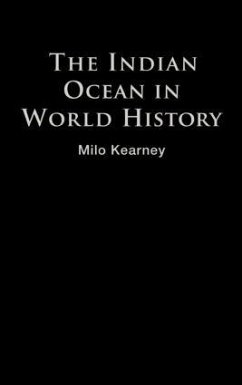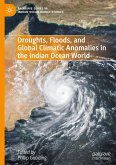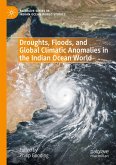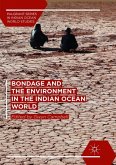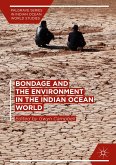Throughout history, dominance of the Indian Ocean has been a critical factor in defining a nation's supremacy and power. It is well known that it played a major part in the success of the Portugese nation at the start of the sixteenth century. In this concise survey, Milo Kearney shows how the trading and imperial expansion offered by the Indian Ocean were exploited by many leading powers from the third millennium BC to the very recent past. The nations included range from the ancient Egyptians of the new Kingdom to the Han Chinese and, later, from the Moghul to the British Empire. Milo Kearney goes on to show what a critical territory the Indian Ocean was during the Cold War because of its rich supply for oil. The history of the Indian Ocean provides a snapshot of many of the key issues in world history, such as colonialism, trade and spread of cultures and religions. It is important reading for all students of world history.
Hinweis: Dieser Artikel kann nur an eine deutsche Lieferadresse ausgeliefert werden.
Hinweis: Dieser Artikel kann nur an eine deutsche Lieferadresse ausgeliefert werden.

